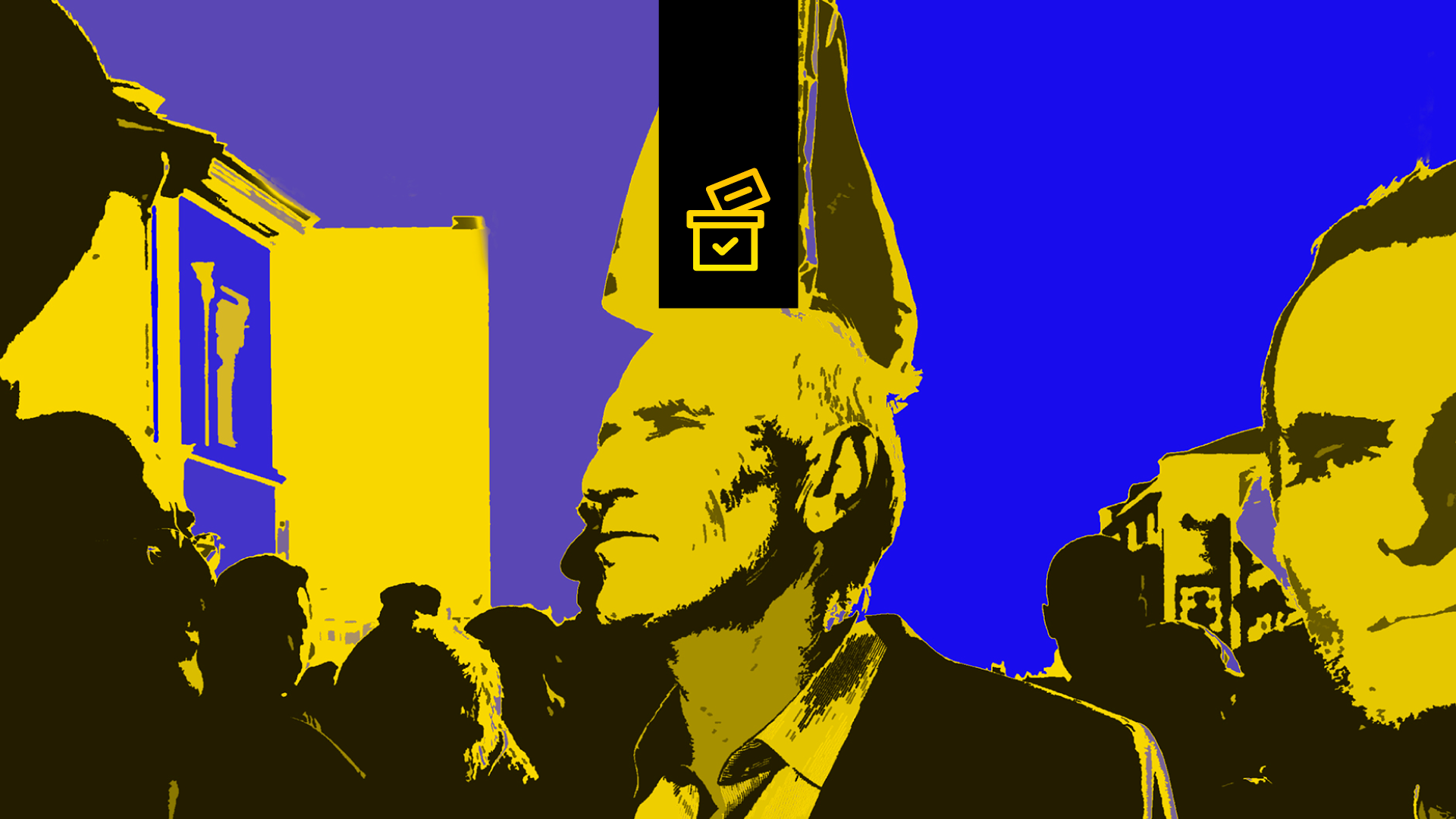
Elections 2021: A different perspective on foreign policy
With elections happening almost every two years, K2.0 listens to ideas on solutions amid dubious promises.
"Kosovo needs a strategy that will complete its affirmation as a member of the international community. This requires a truly international approach to foreign policy, rather than reliance on a few allies and partners to do Kosovo’s bidding for it in international bodies."
"The way how the so called ‘technical dialogue’ between Prishtina and Belgrade has been conceptualized and carried out so far has been in a way as if the main addressee is not Kosovo, Serbia, Kosovo Serbs or Kosovo Albanians, but rather the EU itself."
"The fact that we are blocked on the global level, and also European one, is used by Serbia to block us at the regional level as well."
"The rise of Chinese influence in many areas of the so-called ‘Global South’, an incremental moral and political decline of the (neo)liberal democracy, as well as the environmental war, are tangible indications that the world order or the US supremacy are not as they were in 1999."
"In order to increase the number of regional mechanisms which Kosovo is part of, Kosovo needs to develop a detailed plan/mapping of the most relevant initiatives and create a guideline/strategy on how to be effective in this regard."
"And one thing I can emphasize is not to become too EU-centric or US-centric but to define our own interests and play a few real political games as a state."

Kosovo 2.0
Kosovo 2.0 is a pioneering independent media organization that engages society in insightful discussion. Through our print and online magazines, debates and advocacy initiatives, we are dedicated to deepening the understanding of current affairs in Kosovo, the region and beyond.
This story was originally written in Albanian.